We are responsible for protecting the environment by working safely, sustainably, and ethically. As environmental stewards, we focus on maximizing opportunities to repurpose, reuse, and recycle materials while minimizing our carbon footprint. Our commitment goes beyond just checking the box; we strive to be an industry leader in sustainability through new products, programs, and practices.
Walbec has been recycling asphalt pavements into new products for decades, and we continue to increase the amount of Recycled Asphalt Pavements (RAP) we put into pavements. Asphalt pavements are 100% recyclable.
Walbec does not limit our recycling efforts to RAP. We are doing our part to stop the waste of products that can be recycled. Products recycled from other industries and incorporated into new asphalt pavements include asphalt shingles, tires, glass, and foundry sand. Recycled Asphalt Shingles (RAS) are an environmentally sensitive,
economically viable, and recyclable product.
Reuse is not limited to the material in our pavements. The process of mixing asphalt requires drying the aggregate before it is mixed with asphalt cement. Most of our portable asphalt plants use recycled oil as a fuel source for heat generation.
We are committed to protecting our shared resources and the environment through various initiatives.
We maximize opportunities to repurpose, reuse, and recycle materials. We also promote the efficient use of natural resources, including raw materials, energy, and water.
We protect the health and safety of our team members, surrounding communities, and ecosystems.
We ensure that all team members are aware of environmental policies and trained to act responsibly and sustainably.
We consistently review our environmental performance, strive for continuous improvement and safeguard the environment by meeting or exceeding all regulations.
Porous asphalt is a durable, load-bearing, permeable pavement that allows water to move through void spaces within the pavement into the crushed stone base beneath. Surface rainwater can then be stored and infiltrated into the underlying soils slowly. Many local governments have enacted regulations limiting impervious surfaces and imposing minimum on-site stormwater detention capacity. LEED® credits may also be obtained for using porous pavements.
Rubblization is a sustainable pavement reconstruction technique. Failing concrete pavement is left in place, rubblized (fractured), and used as the base for a new asphalt pavement.

As a part of the ENERGY STAR® Challenge for Industry, Walbec has taken the global call-to-action for industrial sites to reduce their energy intensity by 10 percent within 5 years. This not only saves money but protects the environment through the adoption of energy-efficient products and practices.

Since 2016, Walbec has partnered with the Wisconsin Sustainable Business Council as a Green Master’s program participant. The program provides Walbec with the resources to develop sustainable initiatives while benchmarking our efforts against other companies.